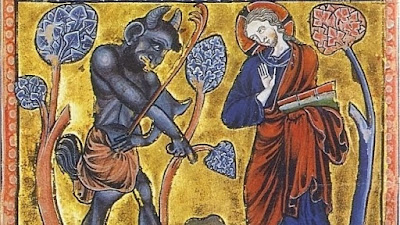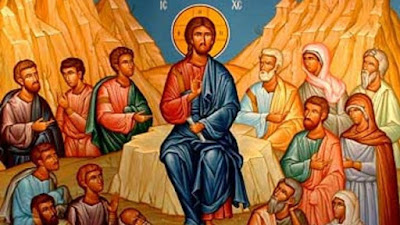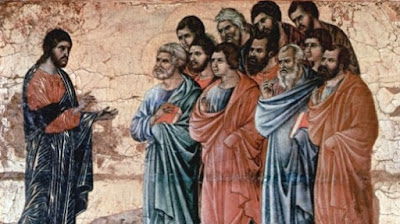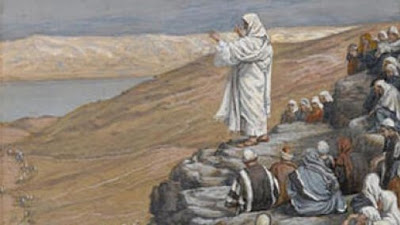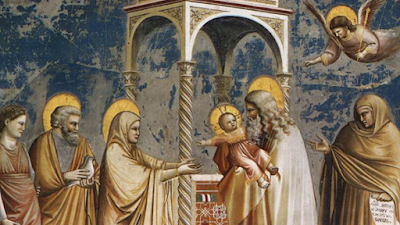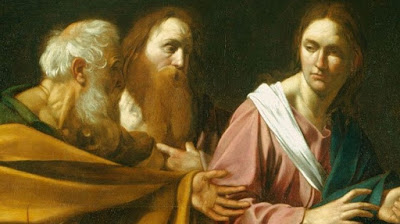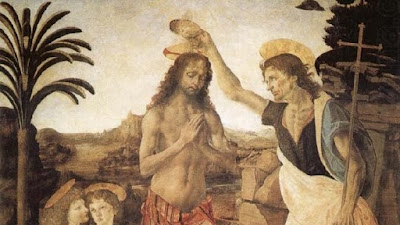Plenary Indulgence Opportunity Fridays During Lent
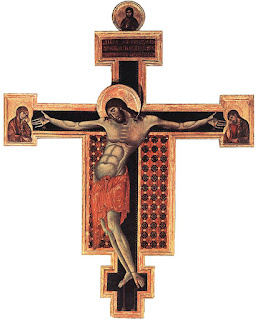
A plenary indulgence may be obtained on each Friday of Lent by the faithful, who after worthily receiving Communion, piously recite the following prayer before an image of Christ crucified – provided the conditions for a plenary indulgence are met (see below after prayer). A plenary indulgence remits all temporal punishment due to personal sins. Prayer Before a Crucifix/Prayer to Christ Crucified. Behold, O kind and most sweet Jesus, I cast myself upon my knees in thy sight, and with the most fervent desire of my soul, pray and beseech thee that thou wouldst impress upon my heart lively sentiments of faith, hope, and charity, with true contrition for my sins and a firm purpose of amendment; while with deep affection and grief of soul I ponder within myself and mentally contemplate thy five wounds, having before my eyes the words which David the prophet put on thy lips concerning thee: “My hands and my feet they have pierced, they have numbered all my bones" (Ps 21, 17-18).
